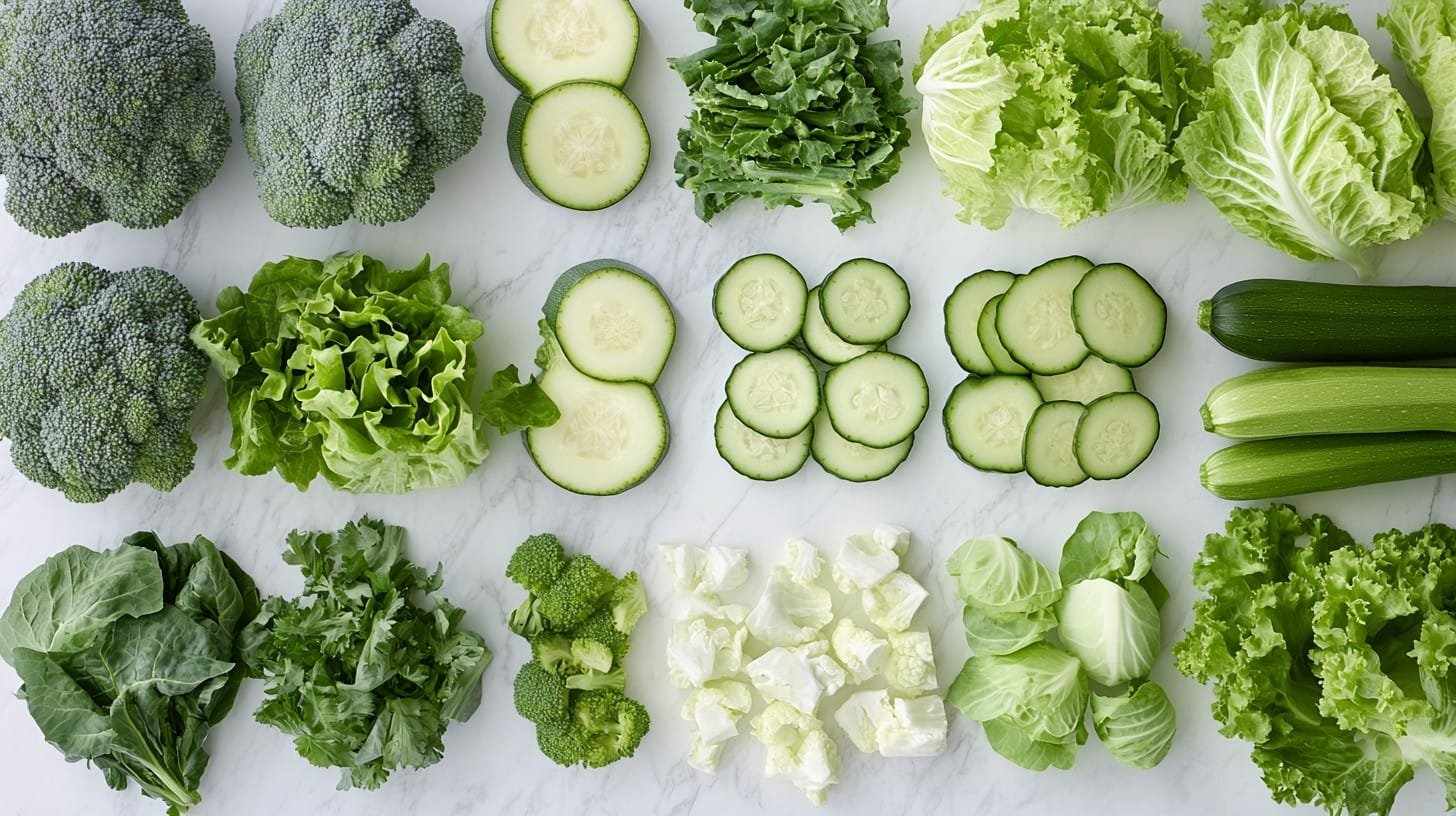Nutritional Needs of Seniors,: As we age, our bodies go through significant changes that affect dietary requirements. For seniors, proper nutrition becomes a cornerstone of health, supporting immunity, muscle strength, cognitive function, and overall vitality. Meeting these needs is essential, yet many seniors find it challenging to maintain a balanced diet due to lifestyle, medical conditions, or physical limitations. In this guide, we explore the nutritional essentials for seniors, providing practical tips to help older adults achieve optimal health.

Why Nutrition Is Vital for Seniors
The aging process can alter metabolism, reduce muscle mass, and affect nutrient absorption. Seniors often face additional challenges, such as chronic illnesses, medication side effects, and decreased appetite. A nutrient-rich diet tailored to these needs can:
- Boost immune health and resistance to illnesses.
- Maintain bone and muscle strength, reducing the risk of falls.
- Support cognitive functions and mental health.
- Improve energy levels and overall quality of life.
Understanding these specific needs helps caregivers and seniors alike make informed dietary choices to support health and longevity.
Essential Nutrients for Senior Health
A senior’s diet should emphasize certain nutrients to maintain and improve health. Here’s a breakdown of the most critical ones:
Protein
Protein is essential for muscle maintenance, immune function, and healing. Seniors are at a higher risk of muscle loss, so adequate protein intake is crucial. Recommended protein sources include:
- Lean meats like chicken and turkey
- Fish, especially those rich in omega-3 fatty acids
- Eggs, dairy, and plant-based options like beans and lentils
Tip: Try adding protein to every meal, even in smaller portions, to help seniors meet their daily requirements.
Fiber
Fiber is key for digestive health and can prevent constipation, a common issue among older adults. It also aids in blood sugar regulation and heart health. Good fiber sources are:
- Whole grains (oats, barley, brown rice)
- Vegetables (especially leafy greens and carrots)
- Fruits (apples, pears, and berries)
- Legumes (beans, lentils)
Tip: Aim for at least 25-30 grams of fiber per day. Include a mix of soluble and insoluble fiber for best results.
Calcium and Vitamin D
Bone density decreases with age, making seniors more susceptible to fractures. Calcium and vitamin D work together to support bone health.
- Calcium-rich foods: Dairy products, fortified plant milks, leafy greens, almonds
- Vitamin D sources: Fortified foods, fish, and sun exposure
Tip: Encourage seniors to spend a little time outdoors for natural vitamin D production, but consult a doctor if supplementation is needed.
Vitamin B12
As people age, their ability to absorb vitamin B12 decreases, which can lead to fatigue, cognitive decline, and even neurological issues. B12 is crucial for brain health and red blood cell production.
- Sources include lean meats, fish, eggs, and fortified cereals.
Tip: Some seniors may require B12 supplements, especially if they follow a vegetarian diet.
Omega-3 Fatty Acids
Omega-3s are known for their anti-inflammatory properties, beneficial for heart health and joint mobility. They are also linked to brain health, reducing risks of cognitive decline.
- Sources: Fatty fish (salmon, trout, sardines), flaxseeds, chia seeds, and walnuts.
Tip: If fish isn’t a dietary option, look into algae-based omega-3 supplements.
Water and Electrolytes
Dehydration is common among seniors, often due to a reduced sense of thirst. Staying hydrated supports digestion, skin health, and cognition.
- Seniors should drink water consistently throughout the day, supplemented by water-rich foods like fruits and vegetables.
Tip: Herbal teas, low-sugar fruit juices, and soups can add hydration with a flavor boost.
Building a Balanced Meal Plan for Seniors
Designing a balanced meal plan doesn’t have to be complicated. Here are some easy tips for creating a nutritious daily plan:
Follow the Plate Method
Divide the plate into portions to ensure a balanced intake of nutrients:
- 50% Vegetables and Fruits: Provide fiber, vitamins, and minerals.
- 25% Protein: Choose lean meats, beans, or eggs.
- 25% Whole Grains: Brown rice, oats, and whole-wheat bread provide fiber and energy.
Snack Smartly
Encourage healthy snacks like yogurt with berries, whole-grain crackers with cheese, or a handful of nuts. These snacks provide a steady source of energy and nutrients without empty calories.
Adjust Portion Sizes
Since seniors’ caloric needs may decrease, adjusting portion sizes without compromising on nutrients is essential. Smaller, frequent meals can also be easier to digest and prevent overeating.
Practical Tips for Caregivers and Seniors
Many seniors face barriers to proper nutrition, from physical limitations to lack of interest in food. Here are practical strategies to help:
Encourage Social Meals
Isolation can reduce appetite. Eating with others can make mealtime enjoyable and encourage regular eating habits.
Simplify Cooking
Prepare easy-to-make, nutrient-dense meals that don’t require extensive prep time. Consider options like slow-cooker recipes, pre-chopped vegetables, and frozen meals that are low in sodium.
Monitor Weight and Health Changes
Regularly tracking weight and health can reveal if seniors are getting adequate nutrition. Sudden weight loss or fatigue may signal nutritional deficiencies.
Seek Nutritional Support
A registered dietitian specializing in geriatric nutrition can provide personalized guidance to ensure seniors meet their dietary needs and address any special considerations.
Common Challenges and Solutions
Several obstacles can prevent seniors from getting the nutrition they need, but with proactive approaches, these can be managed.
Difficulty Chewing or Swallowing
This common issue can be eased by incorporating softer foods like mashed vegetables, soups, or smoothies, which are nutrient-dense but easy to consume.
Limited Appetite
If appetite is low, focus on nutrient-dense foods that pack a lot of nutrients into smaller servings. Add flavor through herbs and spices to make meals more appealing.
Medication Interactions
Some medications may interfere with nutrient absorption. Consulting with a healthcare provider about possible dietary adjustments or supplements is crucial to maintaining balance.
Conclusion
Ensuring seniors meet their nutritional needs can enhance their quality of life, boost immunity, and support overall health. By focusing on key nutrients, creating balanced meals, and addressing specific dietary challenges, seniors can enjoy healthy and fulfilling golden years. Whether for caregivers or seniors themselves, understanding and prioritizing nutrition is a powerful step toward aging with strength and vitality.
Read More: Nutrition Tips for Managing Chronic Conditions in Seniors.








